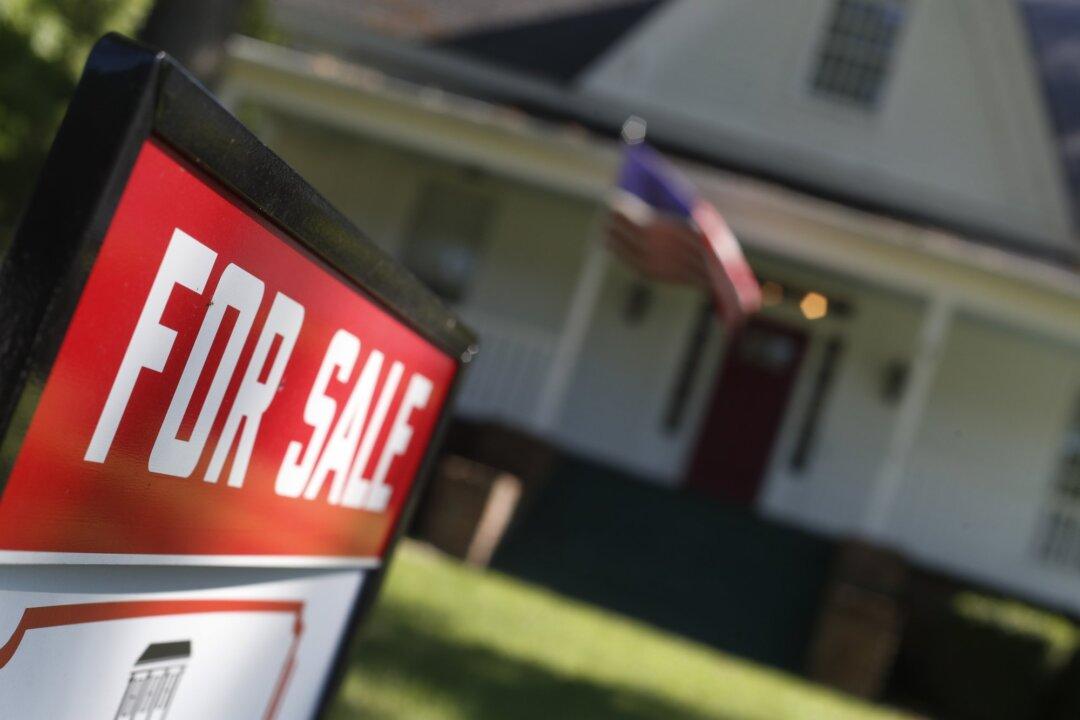The number of applications for home mortgages rose sharply last week, according to the Mortgage Bankers Association (MBA), dovetailing with recent federal data showing a surge in building permits and pointing to a likely boost in future home sales.
Total mortgage application volume rose 4.9 percent last week, according to MBA’s composite index that tracks mortgage originations. The rise follows a minor 0.3 percent uptick the week prior and a 1.9 percent decline two weeks ago, with the trend suggesting tailwinds for the housing market.





